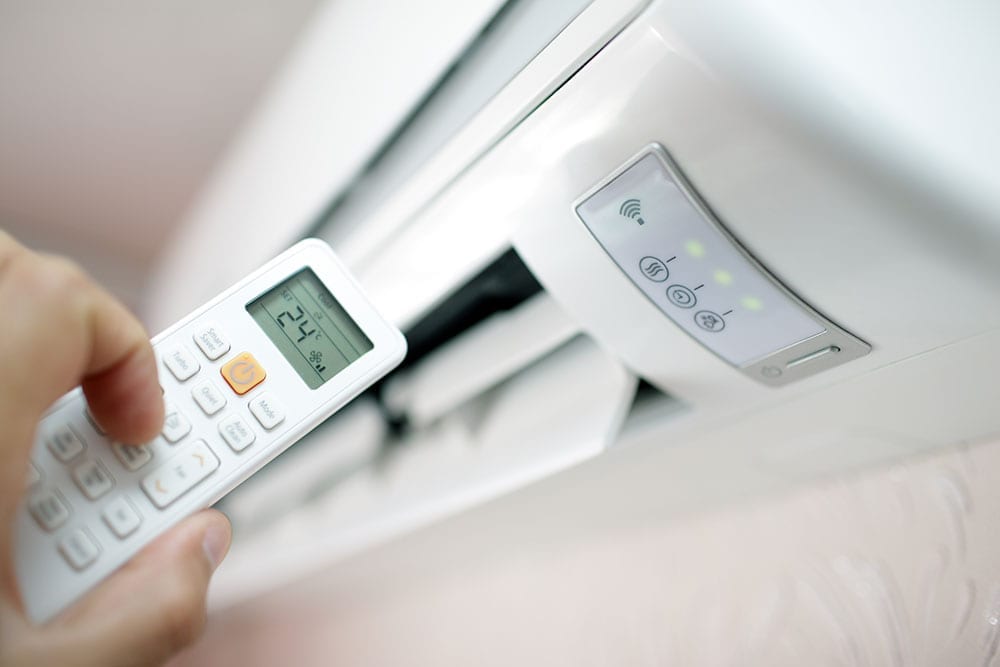
People are rightly concerned about the air they breathe, but much of the attention is directed at outdoor air quality. Most of us spend far more time indoors than out, and the quality of the air inside our homes represents at least as serious a concern for our health.
Many allergens, such as pollen from ragweed, maple and ryegrass, come from the outdoors into our homes. Others thrive mainly inside the home. These include various mold spores, dust mites, and pet dander. In addition to allergens, outside pollutants, such as pesticides, can hitch a ride into your home on the shoes and clothing of visitors or in the air.
RELATED READ: 8 Reasons to have your Ducts Professionally Cleaned
According to the EPA, poor indoor air quality can cause headaches, nausea and dizziness, and long-term exposure can lead to respiratory diseases, such as asthma. Fortunately, there are steps you can take to improve your home’s air quality.
Source Control
The EPA’s website states, “For most indoor air quality problems, source control is the most effective solution.” For private homes, this generally means blocking pollutants from coming in and removing allergens from the home as often as possible.
You can begin to keep pollutants out by putting floor mats at every door, so that visitors can wipe pollutants off their shoes before they come in. You can also keep shoes by the door and ask people to not wear them in the house.
Wash your pets frequently to cut down on dander. Since you’ll rarely know how clean a visitor’s pet is, it’s best to make them wait outside (the pets, not the visitors ? ).
Prohibit smoking in your home to keep ash and second-hand smoke out of the air. The fragrances in many household products are also pollutants that can trigger allergic reactions and asthma, so switch to fragrance-free products.
Mold grows in moist conditions, and when mature, it releases spores into the air that can set off allergies. Dust mites prefer humidity, too. The humidity in your home should be between 30-50%, according to WebMD. You can use a dehumidifier to remove excess moisture from the air, but empty the drip pans often. Keep an eye out for leaking plumbing anywhere in the house: this could also be a source of moisture.
Remove Irritants
Chemicals and allergens in the air are often trapped by airborne dust, which then settles on flat surfaces. When the dust layer is disturbed, allergens go airborne again, where they may be inhaled. Dust is also a breeding ground for dust mites. To combat this, vacuum often. Use a vacuum with a HEPA filter to trap particulates in your machine, and remember to vacuum upholstered furniture, ledges, and other places where dust accumulates. Vacuum curtains often and wash them at least twice a year.
Also, you can consider a furnace with an allergen filtration system or a UV light that kills germs and bacteria. Talk to one of our air quality experts to learn about new technology and which products can solve problems specific to your household.
RELATED READ: UV light for Better Indoor Air
Mop hard floors frequently with mild, non-toxic detergents and water. Rinse the mop often to keep from spreading allergens or getting floors too wet.
Ventilate
Keeping fresh air coming in and old air going out are central to achieving good air quality. Open windows when you can, and run exhaust fans. Make sure the filters on your air conditioner and heating systems are clean as they will pull pollutants out of circulation.
These are practical measures that every one can take. If you need additional help keeping your home free of allergens and airborne pollutants, a whole-house dehumidifier, filter or ventilating system can help. For sales, installation and service in Michiana, contact Home Comfort Experts.
RELATED READ: Is Your Home’s Indoor Air Quality Bad for Your Health?



